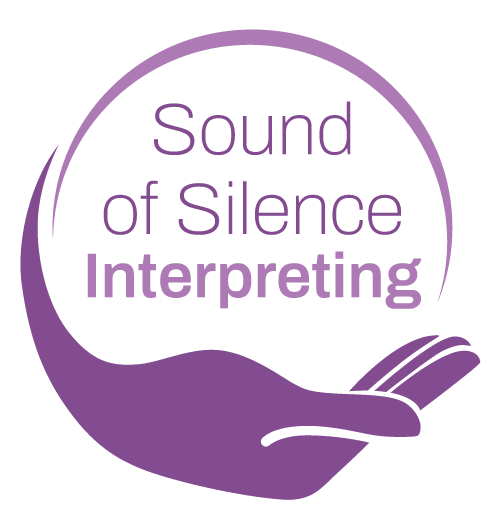As access to communication becomes increasingly vital in healthcare, education, government, and business, the need for flexible interpreting solutions continues to grow. One of the most transformative tools in recent years is Video Remote Interpreting (VRI), a service that allows qualified American Sign Language (ASL) interpreters to connect with Deaf or hard-of-hearing individuals through a secure video platform.
While in-person interpreting remains an essential service for many settings, video remote interpreting provides a fast, efficient alternative—especially when location, urgency, or scheduling limitations make on-site support less feasible. For cities like Chandler, Arizona, where services are expanding rapidly across industries, VRI has become an invaluable part of inclusive communication strategies.
What Is Video Remote Interpreting?
Video remote interpreting is a technology-based service that delivers real-time ASL interpretation via video connection. Using a computer, tablet, or mobile device, two or more individuals—typically one Deaf or hard-of-hearing and one hearing—are connected with a qualified interpreter through a secure platform.
This service is especially helpful in time-sensitive environments where in-person interpreters may not be readily available. It bridges communication gaps in healthcare settings, courtrooms, classrooms, public agencies, and even private businesses.
Unlike pre-scheduled remote interpreting, VRI can be launched almost instantly. This makes it ideal for emergency rooms, customer service counters, or any situation that demands immediate attention but still requires accurate, respectful communication with a Deaf or hard-of-hearing individual.
Why It Matters in a Growing Community Like Chandler
Chandler continues to attract new residents and businesses, increasing demand for accessible services. From local healthcare clinics and public schools to small businesses and city departments, organizations are realizing the importance of removing communication barriers for all members of the community.
This is where video remote interpreting becomes essential. It enables service providers across Chandler to meet Americans with Disabilities Act (ADA) requirements and build trust with the Deaf community. More importantly, it promotes equity—ensuring that all individuals, regardless of hearing ability, receive the same quality of service.
VRI also eliminates logistical delays. There’s no need to wait for an in-person interpreter to arrive. With a stable internet connection and a compatible device, the interpreter can be present within moments.
Who Can Benefit from VRI?
- Hospitals and clinics: For intake, diagnosis, or discharge discussions
- Courtrooms and legal offices: For hearings, consultations, or documentation reviews
- Educational institutions: For parent-teacher meetings or student services
- Government agencies: For public assistance offices or licensing appointments
- Businesses: For interviews, trainings, or customer interactions
The Future of Accessibility
As interpreting technology evolves, the goal remains the same: to foster inclusive communication in every setting. Whether you serve clients, students, or patients, integrating Video Remote Interpreting into your workflow ensures that accessibility is not an afterthought—it’s a standard.
If your organization in Chandler is ready to provide more equitable services, VRI is a powerful step in that direction. It’s not just about convenience—it’s about ensuring every voice is heard, clearly and respectfully.
